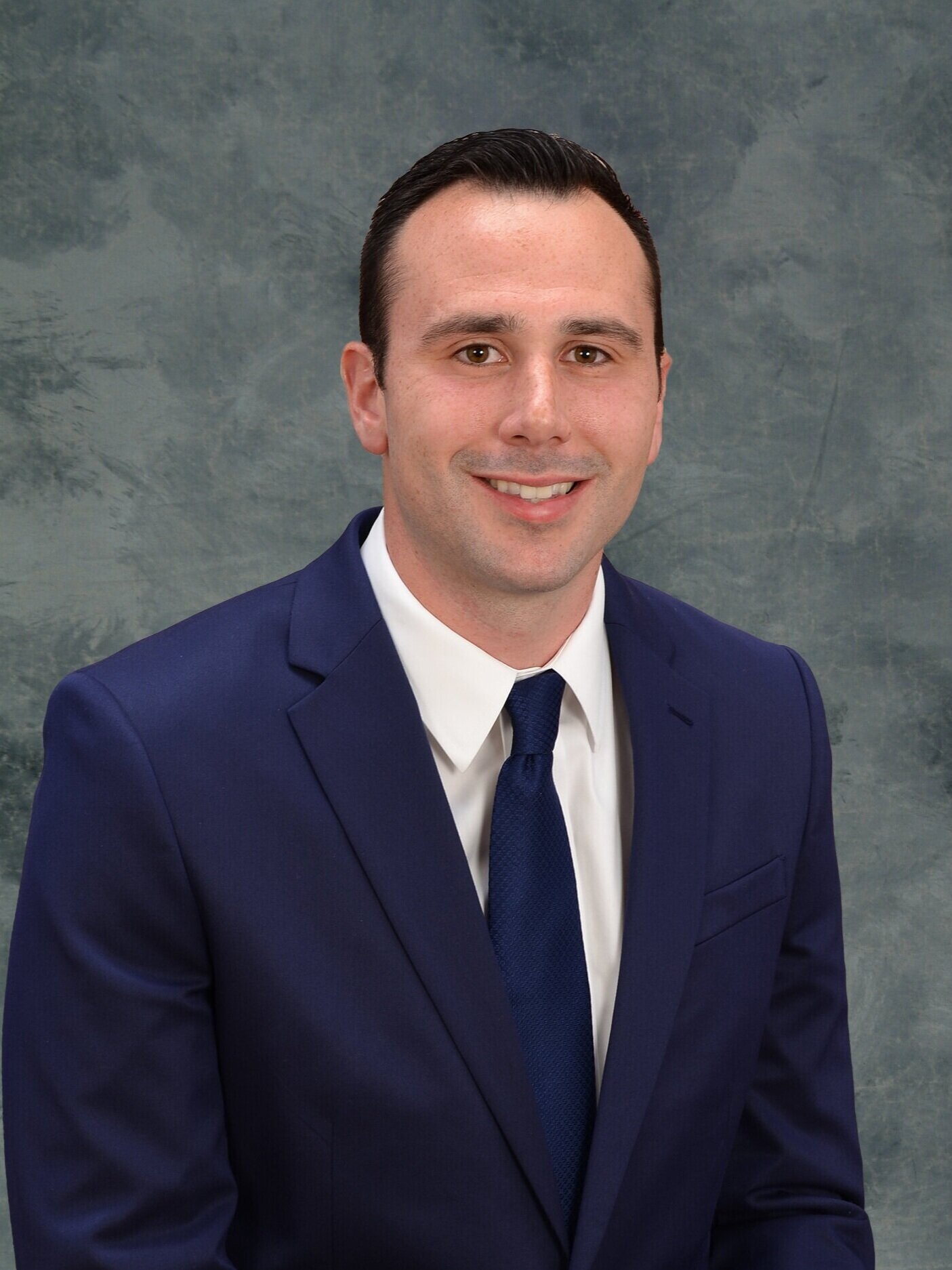Raise your hand if you like paying for insurance. We’re guessing not many hands are up. Insurance is tricky because it’s an intangible product, but it’s also security in the instance you suffer a financial loss. Now raise your hand if you would be able to come out of pocket to pay for your totaled car and personal injuries, if your house burned down in a fire, or if someone hacked into your computer and stole $10,000 from your bank account. Again, it’s likely not many hands are up. Paying a nominal amount now for insurance, can save you a lot in the long-run and even prevent you from financial ruin.
While there are a range of insurance coverage options that may be needed based on your individual situation, we’ve broken down the nine must-have policies.
Auto Insurance
Homeowners/Renters Insurance
Flood Insurance
Umbrella Policy
Health Insurance
Long-Term Disability Insurance
Term Life Insurance
Long-Term Care Insurance
Identity Theft Protection
Auto Insurance
According to the Insurance Information Institute, the average loss per claim on cars is around $4,900. That’s a substantial amount of money to pay if you don’t have car insurance coverage.
We should also point out that it’s illegal to drive uninsured, so at a minimum, you need to follow Ohio’s (or your state’s) insurance requirements.
In Ohio, the state requires drivers to purchase Bodily Injury Liability Coverage as well as Property Damage Liability Coverage. The required minimum for Bodily Injury Liability Coverage is currently $25,000 per person injured in any one accident and $50,000 for all persons injured in any one accident. The required minimum for Property Damage Liability Coverage is $25,000 for injury to or destruction of property of others in any one accident.
Keep in mind that the above is the minimum required, and you should consider what you may have to lose if you cause an accident. If you don’t have adequate auto insurance coverage, the victim may take any of your assets to cover the cost of damages. It’s best to talk with your independent insurance agent to determine the level of coverage you should have to protect yourself.
Homeowners and Renters Insurance
Ohio is the 24th least expensive state in the country for home insurance. A standard homeowners policy includes coverage for:
Dwelling: This pertains to the cost of repairing or rebuilding your home in the event of a loss caused by a covered peril such as wind, hail, lightning or fire.
Liability: If you're sued by a visitor in your home following an accident, this will cover legal expenses whether you’re found responsible or not. In certain situations, it may help cover damages that stem from an accident that happens when you're away from home. Liability will also cover costs for damage to your neighbor’s property.
Medical payments: If a guest in your home or on your property is injured, this will help pay for their medical expenses.
If you’re a renter, it’s important to purchase insurance to cover your belongings if they are lost in a fire, burglary or other disaster, and never assume your property or expenses will be protected by your landlord’s insurance. Renters insurance can also extend to personal belongings stolen or damaged from your car, or even a storage unit you rent.
The amount and type of homeowners or renters coverage you need will depend on the value of your home, personal property, unique or expensive items, and personal liability to determine the right policy.
Flood Insurance
Flooding is the largest natural catastrophe, and largest single event natural catastrophe, that ever occurs. Two-thirds of flood activity occurs in areas that are not high flood zones, i.e. it's flooding in places that may have never flooded before. Moreover, it’s reported that only seven percent of homeowners have flood insurance! It can take only an inch of water to cause thousands of dollars in damage to your home.
Floods are not covered in homeowners or renters insurance, but anyone can get coverage as a supplement to their policy.
Personal Umbrella Insurance
An umbrella policy covers claims in excess of your homeowners or auto insurance coverage. It’s an added layer of protection if you cause injury or damage to another person or their property.
For example, if you run a red light and cause a multi-vehicle accident, the cost of car repairs and medical expenses, not to mention any lawsuits you may face, could quickly add up well beyond your auto coverage. Without an umbrella policy, your assets, including your home and future wages, could be used to pay for the losses. This is a scary thought for most. Ask your insurance agent about increasing your liability coverage with a personal umbrella policy to safeguard you and your family.
Health Insurance
As reported by CNBC in 2019, 66.5 percent of all bankruptcies were tied to medical issues —either because of high costs for care or time out of work. An estimated 530,000 families turn to bankruptcy each year because of medical issues and bills, research found. It’s evident that most families don’t have enough saved for a simple emergency, let alone thousands of dollars in unexpected medical costs.
Even if you are healthy or don’t visit the doctor often, it’s critical to have some level of health insurance in place, otherwise, you’re leaving yourself exposed to potential financial catastrophe. At a minimum, consider a high-deductible plan where you pay more up-front medical costs, but have a lower monthly premium.
Long-Term Disability Insurance
No one anticipates a life-impacting injury or illness happening to them. Unfortunately, the U.S. Social Security Administration says that approximately one in four 20-year-olds will become disabled before they retire. That’s a scary statistic, but by purchasing long-term disability insurance (LTD), you can protect yourself and your family if you’re unable to work for several years or even decades.
If your employer doesn’t offer an LTD policy, you can take out a supplemental policy. Expect to undergo a medical exam and be aware that any pre-existing conditions you have, could affect your coverage. The more complex your health history is, the longer it could take to approve coverage.
Term Life Insurance
If you have a spouse and/or children that depend on you financially or your death would be a financial burden for them, purchase a term life insurance policy. This type of policy guarantees payment if the covered person dies during a specified term – typically 10, 20 or 30 years. If the policy expires before your death, there is no payout. The policyholder can then choose to renew for another term, convert to permanent coverage or simply terminate the policy.
In comparison to permanent life coverage, term life insurance is less expensive but has no cash value or savings component. Term life premiums are based on a person’s age, health, and life expectancy.
Long-Term Care Insurance
The U.S. Department of Health and Human Services reports that 70 percent of those turning age 65 today will need some type of long-term care, e.g. nursing home, assisted living or in-home care. Long-term care will cost you $140,000 on average if you pay out of pocket. These expenses will quickly deplete the savings of most individuals and/or their family.
Don’t think that you can rely on Medicare to cover long-term care costs – it doesn’t. Medicaid, the government’s program for people who don’t have money to cover these costs, isn’t a reliable fallback either. Throughout the U.S., doctors are reducing the number of Medicaid patients they accept.
Long-term care policies can be expensive and complex. Be sure to work with an insurance professional that can explain your options and help you find the best price based on your particular situation, age, health, etc.
Identity Theft Insurance
Victims of identity theft may face lower credit scores, difficulty obtaining credit or loans, and even finding employment. This is an especially stressful and frustrating situation that can take months or years to recover from. Your homeowners or renters policy provides limited coverage for loss of this nature, so it’s smart to protect yourself with a dedicated policy.
An identity theft policy is designed to help victims recoup costs related to reclaiming their financial identities and repairing credit reports. This can include replacing documents such as a driver’s license and passport, notarizing affidavits, obtaining credit reports or paying for fees charged by an attorney for necessary legal action.
Questions about insurance coverage? Contact Wallace & Turner at (937) 324-8492 in Springfield, (937) 652-8492 in Urbana, or info@wtins.com.




















